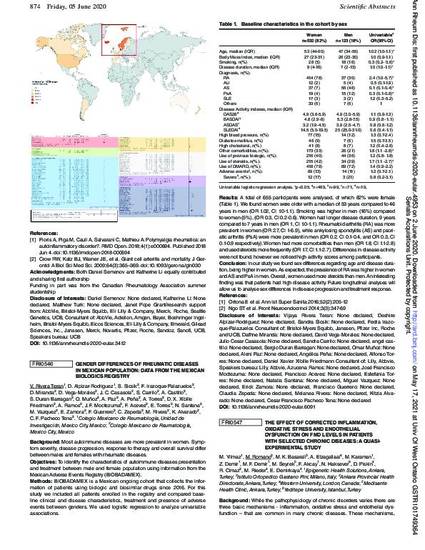
While the pathophysiology of chronic disorders varies there are three basic mechanisms - inflammation, oxidative stress and endothelial dysfunction - that are common in many chronic diseases. However, the failure of these mechanisms to work synchronously can lead to morbidity complicating the course of many chronic diseases. We analyzed data of 178 patients from cohorts with selected chronic diseases in this quasi-experimental study. Endothelial dysfunction was determined by flow-mediated dilatation (FMD) and asymmetric dimethylarginine (ADMA) levels. Serum ADMA, high sensitive C-reactive protein (hs-CRP), serum PTX3, malondialdehyde (MDA), Cu/Zn-superoxide dismutase (Cu/Zn-SOD), glutathione peroxidase (GSH-Px) levels and FMD were studied in baseline and after 12 weeks of Morinda citrifolia (anti-atherosclerotic liquid- AAL), omega-3 (anti-inflammatory capsules- AIC) and extract with Alaskan blueberry (anti-oxidant liquid- AOL). Stepwise multivariate regression analysis was used to evaluate the association of FMD with clinical and serologic parameters. Serum ADMA, MDA, PTX3, hsCRP and albumin levels, and proteinuria were significantly decreased while CuZn-SOD, GSH-Px and FMD levels were significantly increased following AAL, AIC and AOL therapies. The FMD was negatively correlated with serum ADMA, MDA, PTX3, and hsCRP levels and positively correlated with CuZn-SOD and eGFR levels. ADMA and PTX3 levels were independently related to FMD both before and after AAL, AIC and AOL therapies. Our study shows that serum ADMA, MDA, PTX3 levels are associated with endothelial dysfunction in patients with selected chronic diseases. In addition, short-term AAL, AIC and AOL therapies significantly improves a number of parameters in our cohort and can normalize ADMA, PTX3, hsCRP and MDA levels.
Available at: http://works.bepress.com/erkan-demirkaya/28/

Scientific Abstract for Poster Presentations
Friday, 05 June 2020 Epidemiology, risk factors for disease or disease progression © Author(s) (or their employer(s)) 2020. No commercial re-use. See rights and permissions. Published by BMJ. Originally published as: Yilmaz M, Romano M, Basarali MK, et al. FRI0547 THE EFFECT OF CORRECTED INFLAMMATION, OXIDATIVE STRESS AND ENDOTHELIAL DYSFUNCTION ON FMD LEVELS IN PATIENTS WITH SELECTED CHRONIC DISEASES: A QUASI-EXPERIMENTAL STUDY. Annals of the Rheumatic Diseases 2020;79:875. DOI:10.1136/annrheumdis-2020-eular.4953